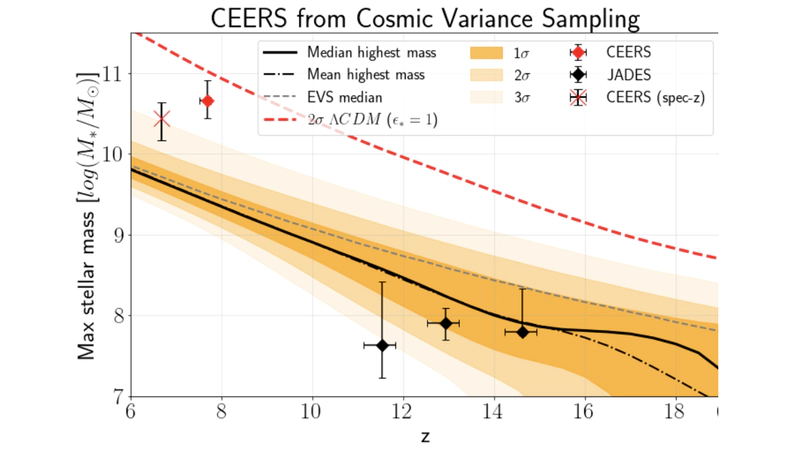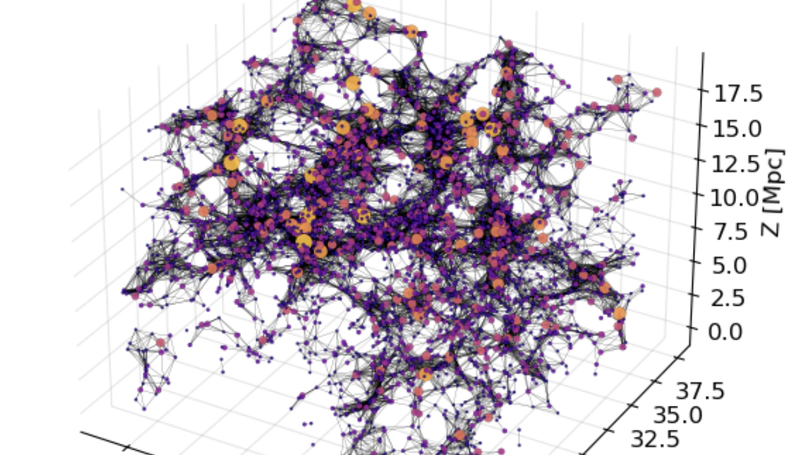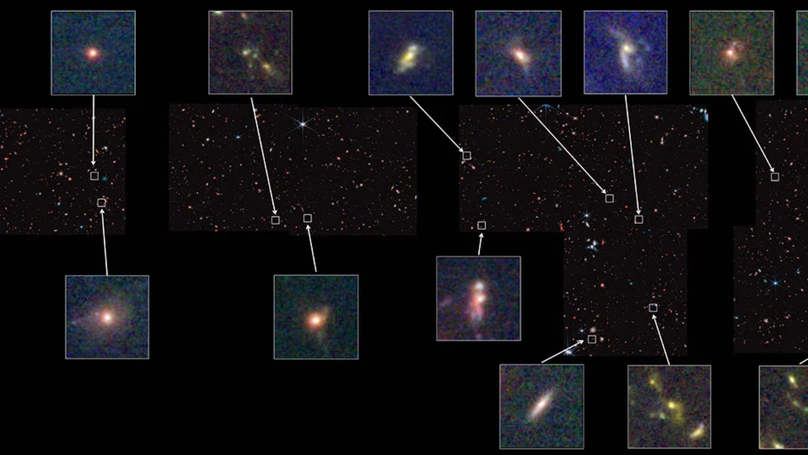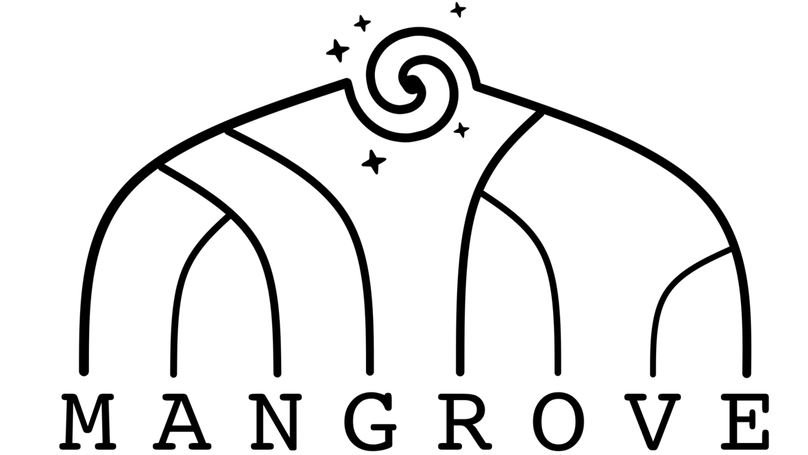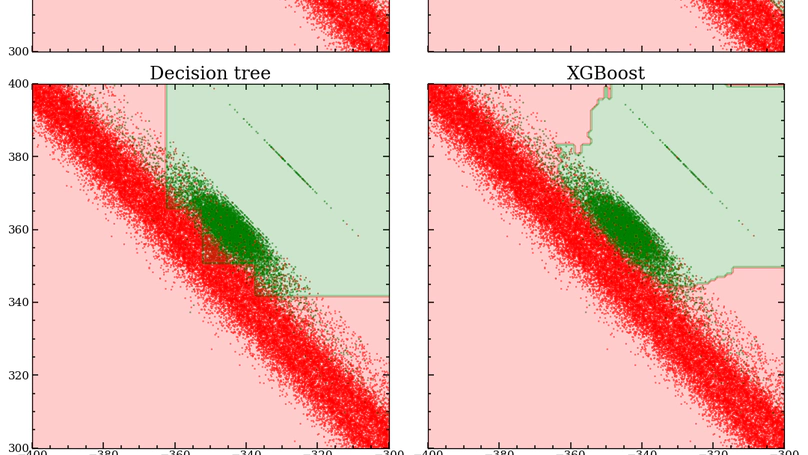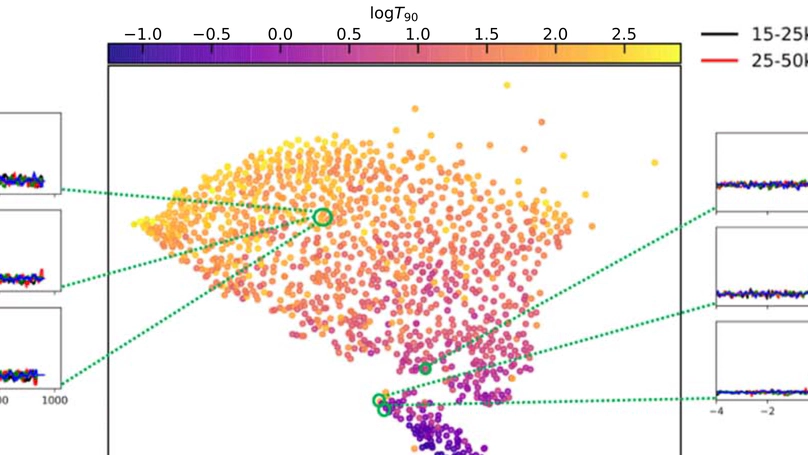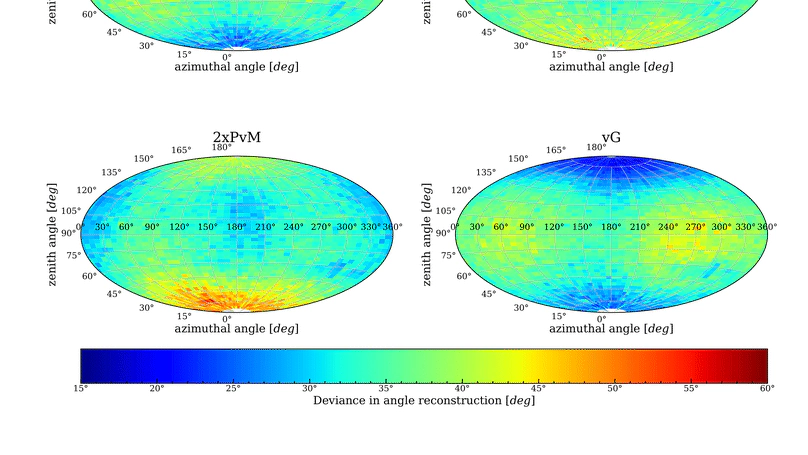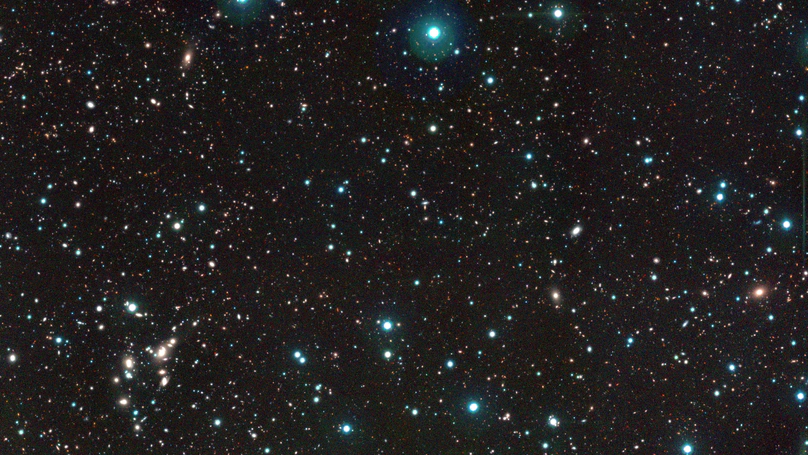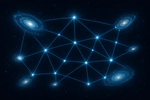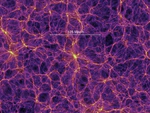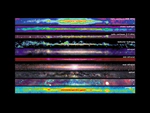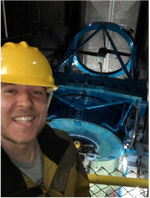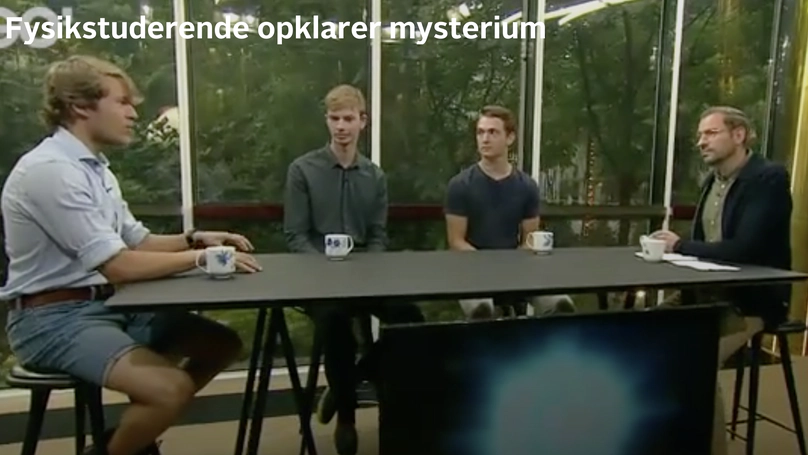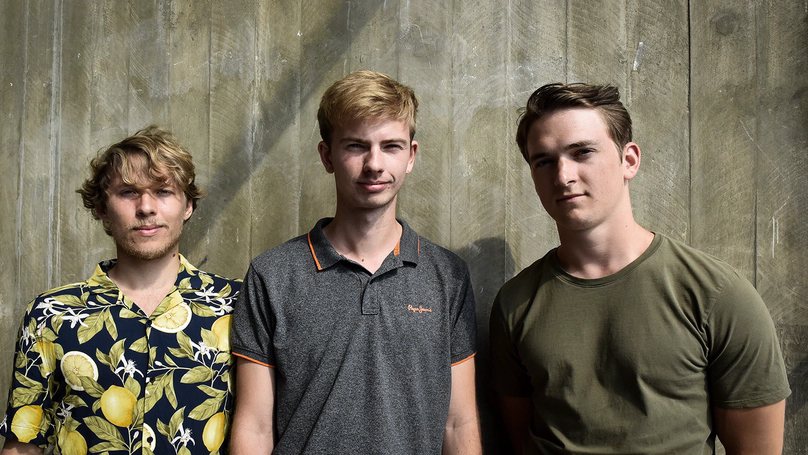Christian Kragh Jespersen
PhD Candidate in Astrophysical Sciences
Princeton University
Department of Astrophysical Sciences
Biography
I am a 5th and final-year PhD Candidate working at the Department of Astrophysical Sciences at Princeton University. I am advised by Peter Melchior and David N. Spergel. I work on applying new statistical methods to astrophysics, integrating inductive biases, geometric and physical constraints into well-calibrated Bayesian and Machine Learning models. My main interests are extragalactic, but I am interested in almost all areas of astronomy (e.g., the molecular structure of interstellar dust). My thesis will focus on constructing a link between low-dimensional representations of dark-matter only cosmological simulations and observed galaxy spectra. This will be achieved with data from the Prime Focus Spectrograph (PFS), which I optimize by understanding and using the emission of the atmosphere itself (airglow) to improve the instrument calibration.
As you may be able to tell, I love integrating my science vertically, from instruments to analyses. In short, I like modelling and measuring (astronomy-related) things, so if you have problems meeting any of these criteria, I will be excited to work with you!
Outside of PFS, I am also a member of the Learning the Universe (LtU) collaboration and the Legacy Survey of Space and Time Dark Energy Science Collaboration. I am affiliated with multiple research groups including the Astro Data Lab, led by Peter Melchior, and the Cosmology x Data-science group at the Flatiron Institute led by Shirley Ho.
I love showing our wonderful universe to the public, and I frequently lead the public observing nights at Peyton Hall, and give outreach talks at Astronomy On Tap Trenton.
Outside of academia, I like all things to do with mountains, oceans, and gardening (I organize the local community garden).
Originally from Denmark, I obtained my Bachelor’s degree from the Niels Bohr Institute at the University of Copenhagen in 2021, with a thesis on Neutrino Detection in IceCube.
Last updated Oct 11th, 2025.
- (Geometric) Machine Learning
- Galaxy Evolution
- Spectroscopy
- Terrestrial airglow
- Cosmology
- Transients
-
PhD in Astrophysicical Sciences, 2026
Princeton University
-
MA in Astrophysicical Sciences, 2023
Princeton University
-
BSc in Physics, 2021
University of Copenhagen
Research
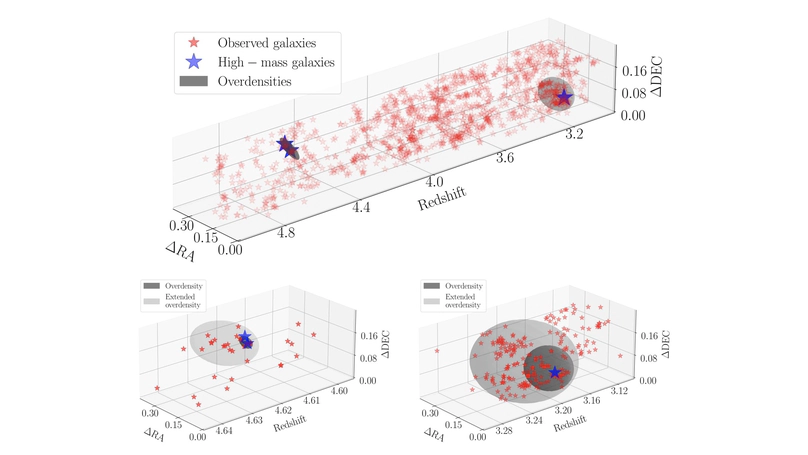
The existence of ultramassive quiescent galaxies, which have already completed their life cycle at a mere 7% of the age of the Universe, is among the most puzzling of recent discoveries. We provide a statistical argument for interpreting these observations in the context of their environments, which explains their accelerated formation.
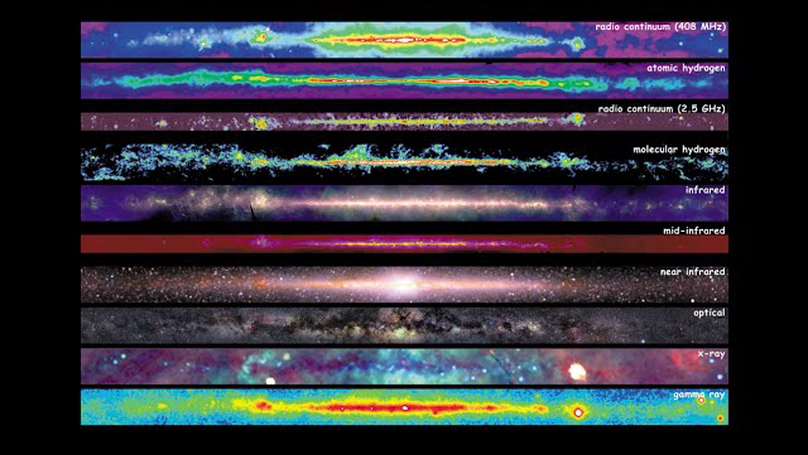
Galaxies are often modelled as disjoint composites of distinct spectral components, implying that different wavelength ranges are only weakly correlated. They are not. We construct a data-driven model to predict infrared emission from optical spectra, achieving almost lossless predictions. Traditional fitting methods are incapable of making predictions, being biased by model misspecifications.
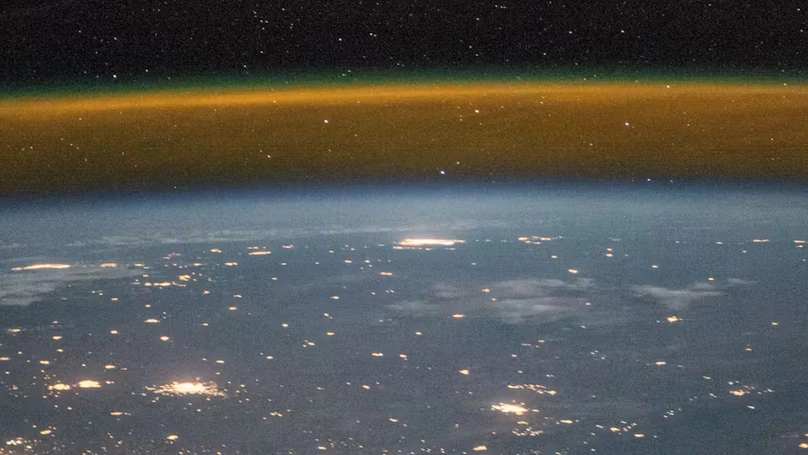
The biggest challenge for next-generation ground-based spectroscopic surveys is the emission from the atmosphere itself. The Subaru Night Sky Spectrograph (SuNSS) studies this emission, called airglow, which allows us to improve our calibrations, sky subtraction, and understanding of the airglow itself.
Recent and Upcoming talks
(that I remember)
Recent Posts
Publications
I would never keep everything here up to date, so for an up-to-date list, instead look at the amazing NASA/ADS service. Sometimes, web services track my name as “Kragh Jespersen, Christian”, sometimes as “Jespersen, Christian Kragh” (the correct form), and sometimes as “Jespersen, Christian K.”, so I recommend using the above link to get correct results.
Press and Public Talks
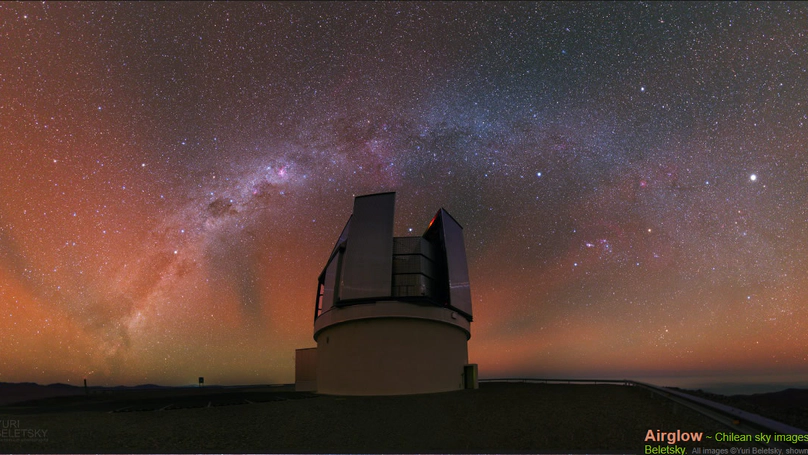
I was interviewed about my work on understanding the way the Earths atmosphere glows at night by Québec Science magazine. Check it out at https://www.quebecscience.qc.ca/espace/airglow-lueur-atmosphere/.
Contact
Please reach out to me if you have any questions regarding science or general academic life, as well as if something on this site is not working. Here are some ways of doing so. Thank you!
- ckragh@princeton.edu
- Peyton Hall, Department of Astrophysical Sciences, 4 Ivy Ln, Office 023A, Princeton, NJ 08544 (Danish flags on the door)
- GitHub
